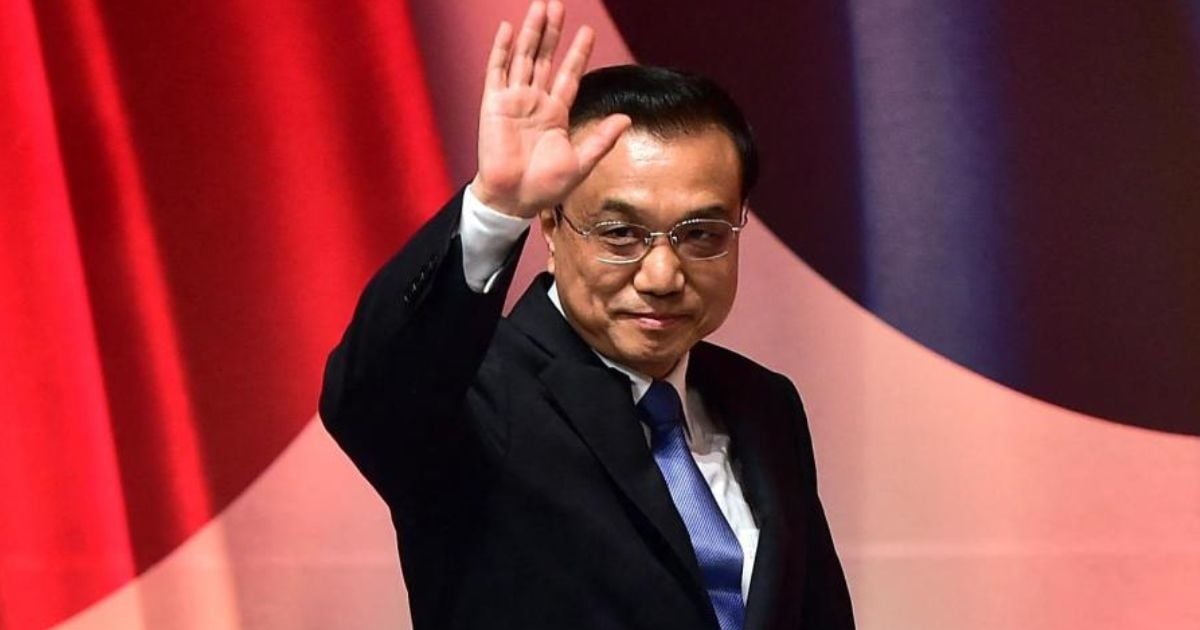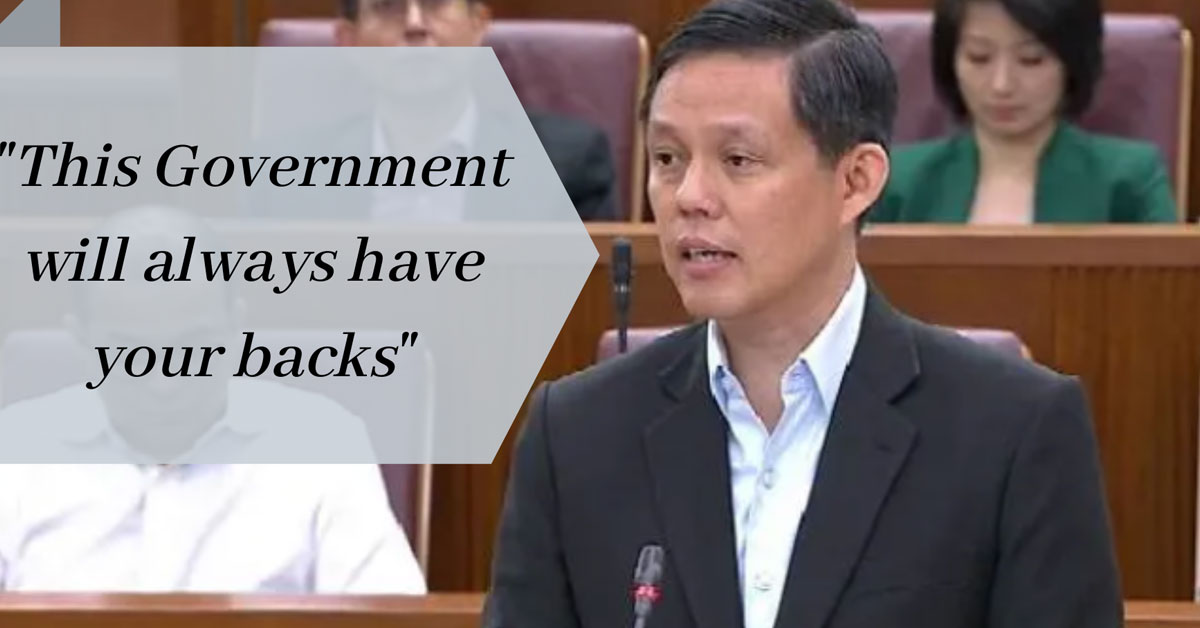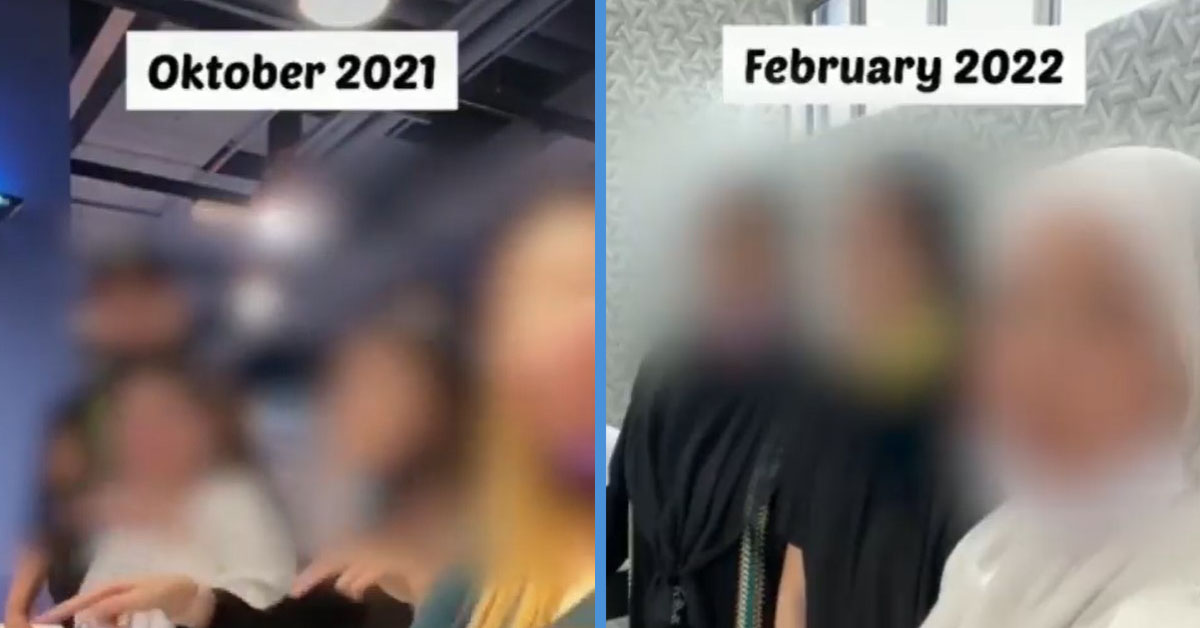Li Keqiang’s death must have come as a surprise to those familiar with China’s political landscape.
A former premier of the People’s Republic of China, Li Keqiang was once accredited as a top Communist Party leadership contender. He was a reformist who, in 2020, highlighted the severe income inequality in China.
Unfortunately, Li recently passed on at the age of 68, having sustained a surprise heart attack.
Who Is Li Keqiang?
Li Keqiang was a Chinese politician and economist who served as China’s premier from 2013 to 2023. He was also, from 2012 to 2022, the second-ranked member of the Politburo Standing Committee of the Chinese Communist Party.
Despite his positive public image and considerable influence, Li had seen out the last few years from the sidelines as President Xi Jinping veered the Republic in a more statist direction.
In contrast, Li had been an advocator of the open market economy concept.
He had just retired from office earlier this year.
Death
Li reportedly sustained a sudden heart attack on 26 October 2023.
Despite revival attempts, he ultimately passed on ten minutes past midnight on 27 October 2023.
Mourning
Following the news, Chinese social media began collectively mourning, with several government websites going black and white.
Chinese microblogging site Weibo also converted its “like” button into a Chrysanthemum-shaped icon, portraying the term “mourn”.
Birth
Born on 1 July 1955 in the Hefei, Anhui province, Li grew up in a poor farming area, despite his dad occupying the role of an official.
During the cultural revolution, he even had to slog in the fields.
He would later study law at the reputable Peking University and develop an interest in pro-democracy.
Pro-Democracy
After graduating, he became a part of the Communist Party’s Youth League, and would climb the ranks while juggling a Master’s degree in law and, subsequently, an economics doctorate.
He became the first secretary of the Youth League from 1993 to 1998, before serving as the governor of Henan from 1998 to 2004.
From 2004 to 2007, Li was the Party Secretary of Liaoning. He then went on to become the first-ranked vice premier from 2008 to 2013.
In 2013, he took on the role of Premier.
Dwindling Influence
Despite his reputation, Li was considered a tier below his immediate Premier predecessors, Zhu Rongji and Wen Jiabao.
In the public’s eyes, the latter two had more influence.
For those unaware, Xi had opted for a more “singular” approach amidst a slowing economy. And to enhance state control, he had planted his own acolytes in powerful positions.
As a result, Li ended up getting sidelined in recent years.
Many policies also ended up regressing instead of advancing.
Respected
Nevertheless, analysts have acknowledged Li’s prowess, stating that he has done what he possibly could, considering Xi’s constraints.
They also hailed him as the “representative of the reformists” and “an advocate for the freer market and for the have-nots.”
Back in 2020, Li raised the issues of poverty and income inequality.
Apparently, 600 million people had earned less than US$140 per month.
Li was also known to be one of the most intelligent politicians of his generation, for visiting disaster sites and his camaraderie with ordinary people.
He also helped China through the global financial crisis, an ordeal that they emerged from relatively unharmed.
“Sorry It Wasn’t You”
Social media users have since mentioned a particular song called “Sorry it wasn’t you”. This reference could be perceived as a thinly veiled jab at President Xi.
In November 2022, around the time that former president Jiang Zemin had passed away, the song had gone viral.
It was, however, quickly censored.
Left Behind
Li leaves behind his wife Cheng Hong, a professor in English Language and Literature at the Capital University of Economics and Business in Beijing, and his daughter, a rumoured graduate of Peking University.
Li’s death may have just signalled the end of an era. And China officials are cautious of what this means.
In fact, China has reportedly instilled several measures to ensure there’s no repeat of the 1989 Tianmen Square protests, when grieving for Hu Yaobang turned a little more controversial.
Whether anything does happen, however, remains to be seen.



